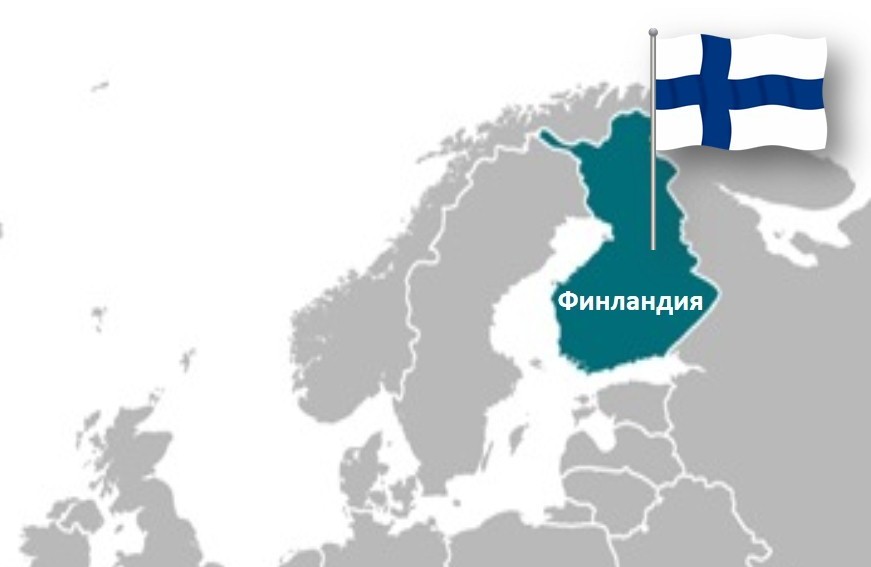Финландия реши да спре субсидирането на ВЕИ и да въведе национална схема за компенсиране на енергоинтензивните индустрии от негативното влияние върху тяхната конкурентоспособност на високите цени на електроенергията, като резултат от прилагането на Европейската схема за търговия с емисии (ЕСТЕ).
От получено в БАМИ писмо от „Еврометали“ (Европейската асоциация на металургичната индустрия) става ясно, че финландската схема ще действа от 2016 г. и ще покрива 50% от СО2-разходите в цената на електроенергията, а финансирането ще е от приходите от продажби на емисионни квоти.
Тази информация потвърждава разнообразието от схеми, които европейските страни прилагат като държавна помощ за енергоинтензивните индустрии, съобразно специфичните особености на енергийните им мощности и на техните големи индустриални потребители. България изостава от останалите страни-членки на ЕС и по отношение на тази политика. Страната ни все още не е получила нотификация от страна на ЕК по проекта на Наредба за намаляване на тежестта, свързана с разходите за енергия от ВЕИ. Очаква се на днешното заседание на Консултативния съвет към Министерството на икономиката да бъде получена информация за хода на водените с ЕК преговори.
БАМИ, подкрепена от четирите национално представителни работодателски организации, настоява за ускорено решаване на този въпрос, паралелно с искането за намаляване на компонента „Задължения към обществото“ в цената на ел.енергията.
***
Представяме информацията, получена от "Еврометали":
Finland to compensate industry for CO2 market costs
(Montel) Finland is set to launch a national scheme to compensate the power intensive industry for extra costs associated with the EU emissions trading scheme.
The compensation scheme will run from 2016 to 2020 and cover roughly 50% of the additional cost that the CO2 market is putting on the electricity price, an official at Finland’s economics ministry told Montel on Tuesday.
It will be financed by income from the auctioning of CO2 allowances, he said, a day after the cabinet launched its 2016 budget proposal.
Several countries, including Germany, the UK and Norway, have already introduced a similar scheme.
Suomen Elfi, an association representing large industrial power consumers in Finland, welcomed the latest move by the Finnish cabinet.
”A compensation system for the impact of electricity prices in emissions trading is essential in order for the industries to keep their competitiveness in Europe. It is positive that the government will systematically implement such a system,” said its managing director Pasi Kuokkanen.
Analysts have previously told Montel that a price rise of EUR 1 in the CO2 market translates into a roughly EUR 0.7/MWh rise in the Nordic electricity price, as it drives up the production costs from coal-fired power plants that often is a marginal price setter in the market.
Tax cuts, subsidy reform
Kuokkanen also welcomed the ministry’s proposal to revert an earlier decision to change the tax class for the mining industry from the start of 2015, which increased the sector’s electricity tax from 0.87 cents/kWh to 2.79 cents/kWh.
“The sooner that will be implemented, the better for the sake of the mining industry,” Kuokkanen said.
The ministry also stated that it would reform the subsidy system for renewable energy, with the current feed-in tariff for wind power to be phased out in 2017.













